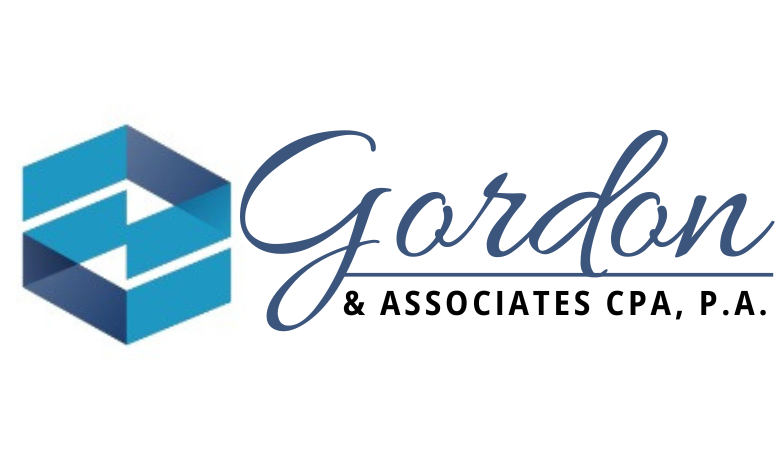Understanding BOI Reports in 2024:
Compliance with the Corporate Transparency Act

The Corporate Transparency Act (CTA) of 2022 represents a significant shift in the regulatory landscape for businesses in the United States. Enacted as part of the National Defense Authorization Act, the CTA aims to combat illicit activities such as money laundering, terrorism financing, and other financial crimes. The Act mandates greater transparency in corporate ownership and requires businesses to disclose beneficial ownership information (BOI) to the Financial Crimes Enforcement Network (FinCEN).
Objectives and Implications for Businesses
The primary objective of the CTA is to create a centralized database of beneficial ownership information that can be accessed by law enforcement agencies and regulatory bodies. This initiative seeks to close the loopholes that allow anonymous shell companies to operate and engage in unlawful activities. For businesses, this means adhering to stricter reporting requirements and ensuring compliance with the new regulations to avoid significant penalties.
What is a BOI Report?
Definition and Purpose of BOI Reports
A BOI report is a document that provides detailed information about the beneficial owners of a company. Beneficial owners are individuals who exercise substantial control over a company or own a significant portion of its equity. The purpose of the BOI report is to enhance transparency and accountability within corporate structures, thereby preventing the misuse of entities for illegal purposes.
Importance of BOI Reports in 2024
In 2024, the significance of BOI reports has grown as businesses strive to comply with the CTA. These reports are crucial for maintaining transparency in ownership and for aiding regulatory bodies in monitoring and investigating potential financial crimes. Compliance with BOI reporting requirements demonstrates a company’s commitment to lawful operations and ethical business practices.
Requirements for Filing BOI Reports
Who Needs to File a BOI Report?
Under the CTA, a wide range of entities are required to file BOI reports. This includes corporations, limited liability companies (LLCs), and other similar entities that are created by filing a document with a secretary of state or similar office. There are, however, certain exemptions for specific types of entities, such as publicly traded companies and entities that are already subject to substantial federal or state regulation.
Information Required in a BOI Report
A BOI report must include comprehensive details about each beneficial owner. This information typically includes:
- Full legal name
- Date of birth
- Current residential or business address
- Unique identifying numbers from acceptable identification documents (e.g., passport or driver’s license)
How to File a BOI Report with FinCEN
Steps for Submitting a BOI Report
Filing a BOI report with FinCEN involves several steps:
- Gather Required Information: Collect all necessary details about the beneficial owners.
- Access FinCEN’s Reporting Portal: Use the designated online platform provided by FinCEN for submitting BOI reports.
- Complete the Report: Accurately fill out the report with all required information.
- Submit the Report: Ensure timely submission to avoid penalties.
Deadlines and Penalties for Non-Compliance
The CTA sets strict deadlines for the submission of BOI reports. New entities must file their BOI report within 30 days of formation, while existing entities have a longer timeframe to comply. Failure to file a BOI report, or filing inaccurate or incomplete information, can result in severe penalties, including substantial fines and potential criminal charges.
Benefits of the Corporate Transparency Act
Enhancing Transparency in Corporate Structures
One of the key benefits of the CTA is the enhancement of transparency in corporate ownership. By requiring entities to disclose beneficial ownership information, the Act helps create a more transparent and accountable business environment. This transparency is essential for fostering trust among investors, regulators, and the public.
Reducing Financial Crimes and Fraud
The CTA plays a crucial role in reducing financial crimes and fraud. The availability of accurate beneficial ownership information aids law enforcement agencies in identifying and investigating suspicious activities. This, in turn, helps prevent the misuse of corporate entities for money laundering, tax evasion, and other illicit activities.
Challenges and Considerations
Common Challenges in Filing BOI Reports
While the CTA brings numerous benefits, it also presents challenges for businesses. Common challenges include:
- Data Accuracy: Ensuring the accuracy of the information provided can be difficult, especially for entities with complex ownership structures.
- Compliance Costs: Meeting the reporting requirements may involve additional administrative and financial burdens for businesses.
Best Practices for Compliance
To overcome these challenges, businesses should adopt best practices for compliance:
- Regular Updates: Maintain up-to-date records of beneficial ownership information.
- Compliance Programs: Implement robust compliance programs to ensure adherence to the CTA’s requirements.
- Professional Assistance: Seek assistance from legal and compliance professionals to navigate the complexities of BOI reporting.
The Corporate Transparency Act of 2022 and the requirement to file BOI reports with FinCEN mark a significant step towards greater transparency and accountability in corporate ownership. By understanding the requirements and benefits of BOI reporting, businesses can ensure compliance and contribute to the broader effort to combat financial crimes.
As we move forward into 2024, businesses must prioritize compliance with the CTA to avoid penalties and support the fight against illicit activities. By staying informed and proactive, companies can navigate the challenges and leverage the benefits of this landmark legislation.
Subscribe to our newsletter to receive our latest blog directly to your inbox.



